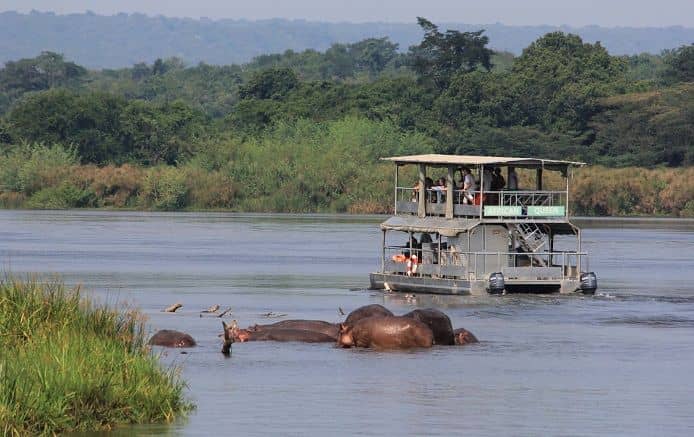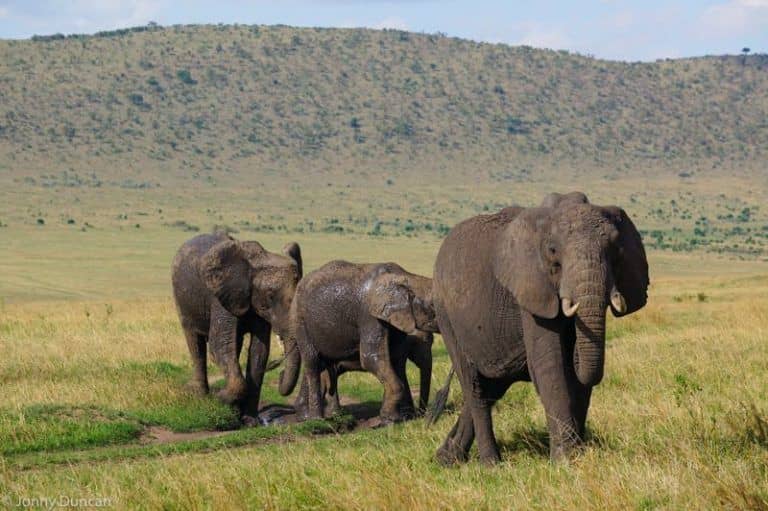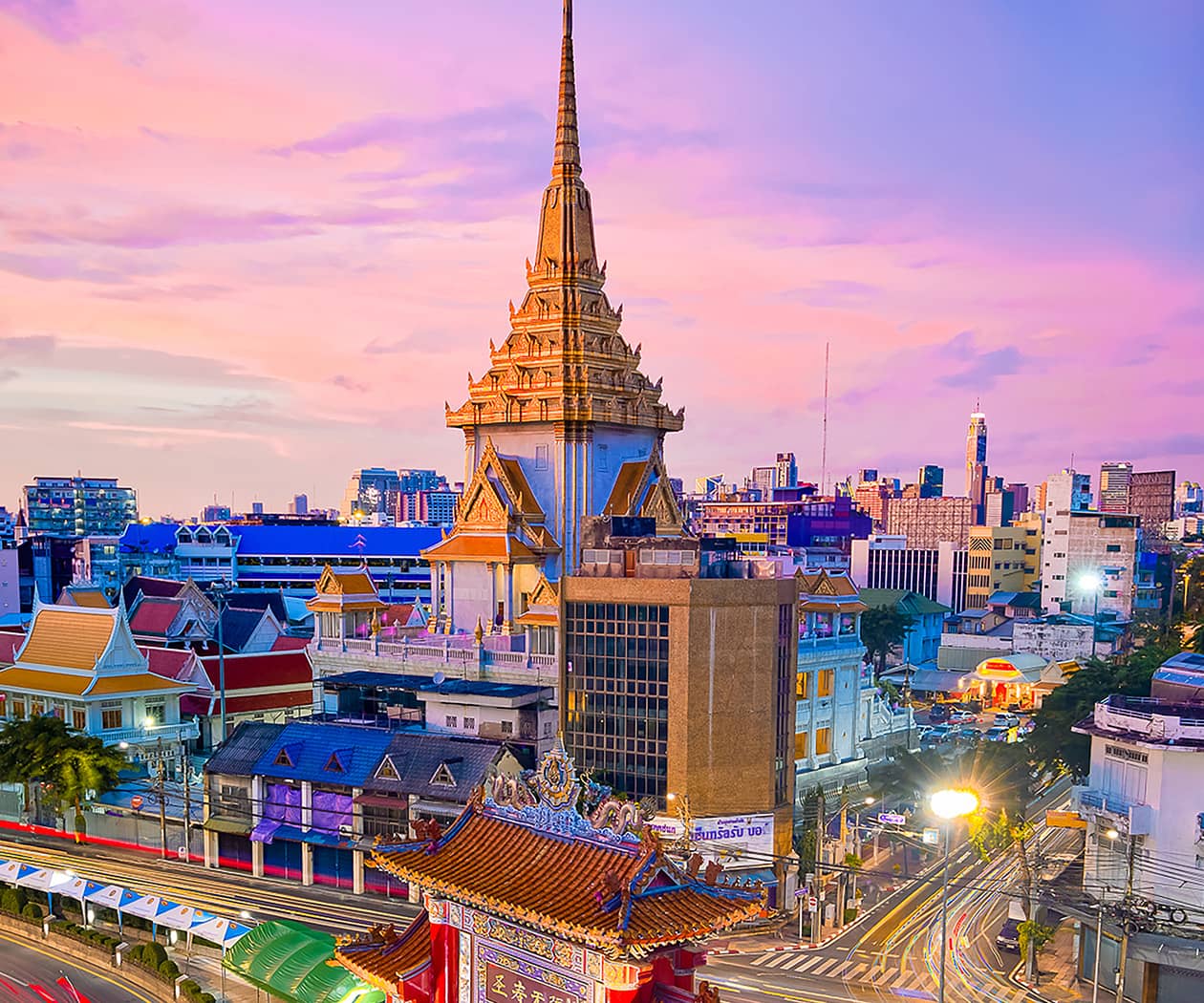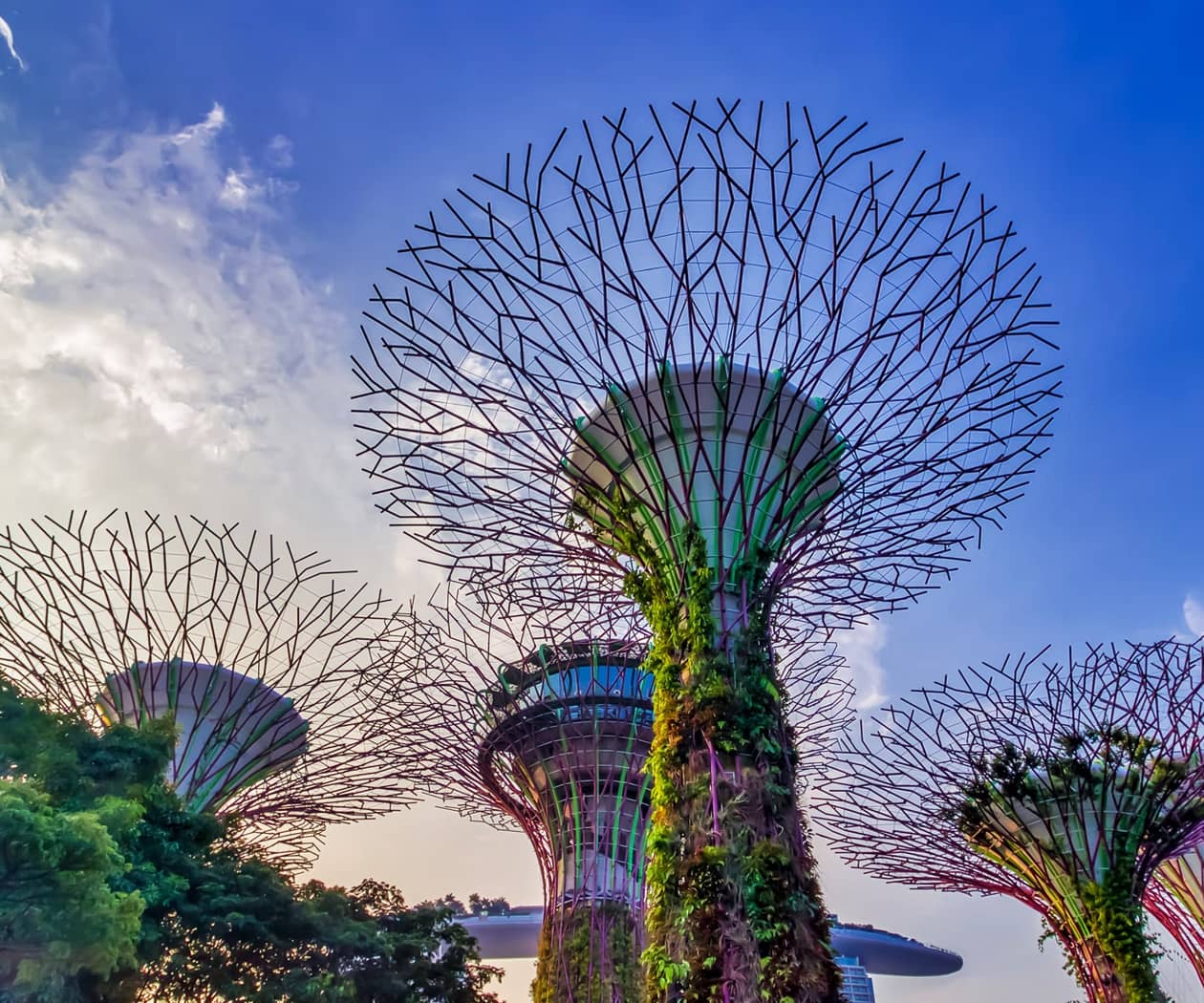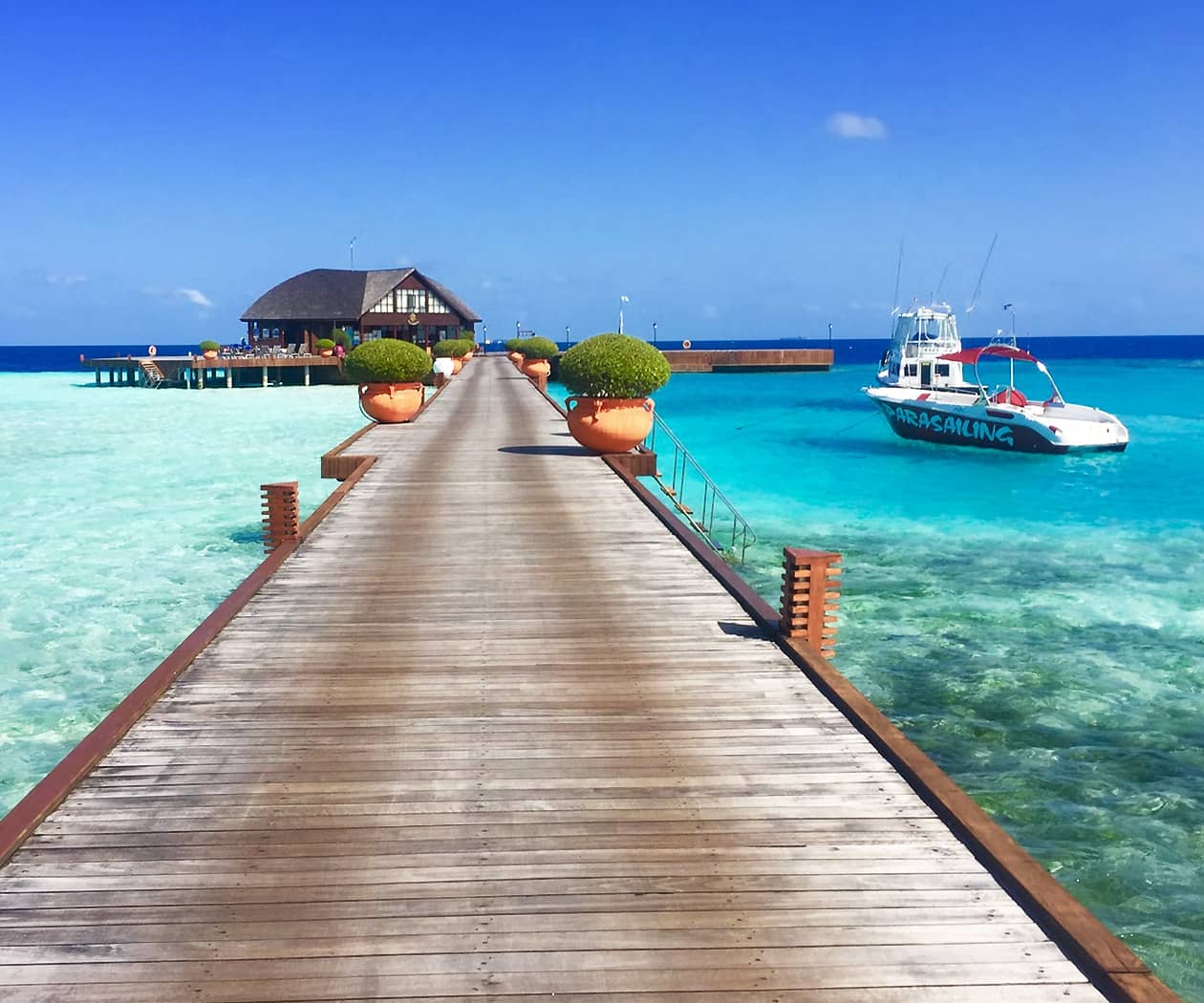Eco-Tourism in Uganda: Top Sustainable Experiences
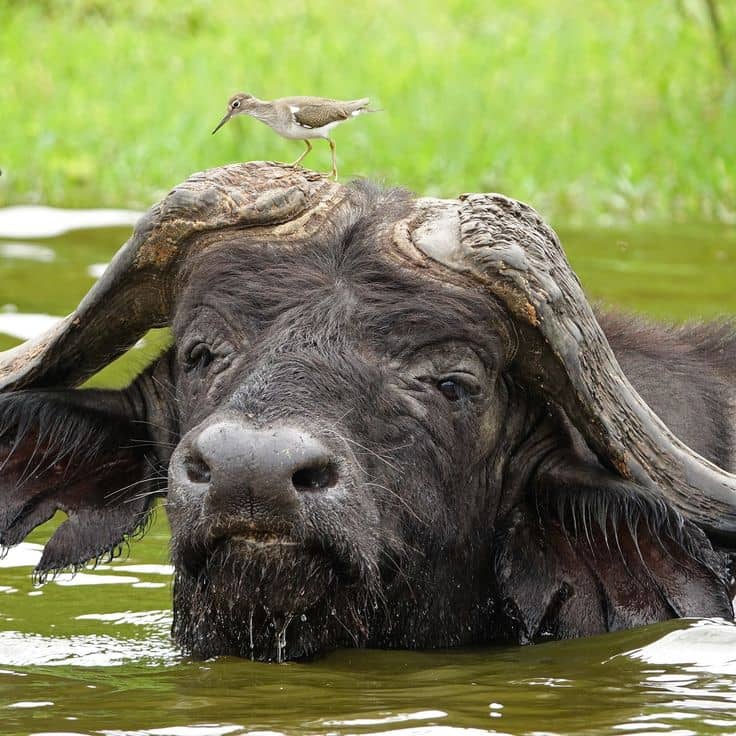
Uganda, often called the “Pearl of Africa,” is not only a wildlife paradise but also a leader in sustainable travel. For those seeking meaningful adventures that protect nature and support local communities, Eco-Tourism in Uganda: Top Sustainable Experiences offers the perfect blend of conservation, culture, and breathtaking landscapes.
From gorilla trekking in responsibly managed forests to community-run lodges and carbon-neutral safaris, Uganda provides countless ways to explore while minimizing your environmental footprint. This guide highlights the best eco-friendly activities, accommodations, and travel tips to help you experience Uganda’s beauty responsibly.
Why Choose Eco-Tourism in Uganda?
Before diving into the top experiences, let’s explore why Uganda stands out for sustainable travel:
Wildlife Conservation Successes – Mountain gorilla populations have increased due to eco-tourism.
Community-Based Tourism – Many initiatives are owned and operated by locals.
Certified Eco-Lodges – Solar-powered, zero-waste, and built with sustainable materials.
Low-Impact Adventures – Walking safaris, canoe trips, and cycling tours reduce environmental harm.
Now, let’s discover the best Eco-Tourism in Uganda: Top Sustainable Experiences for your green adventure.
Top 5 Sustainable Experiences in Uganda
1. Gorilla Trekking in Bwindi (Conservation-Focused)
Why It’s Eco-Friendly:
-
Permit fees ($800) directly fund gorilla protection and local communities.
-
Strict visitor limits minimize human impact on habitats.
-
Guides are trained in sustainable wildlife viewing.
Best Eco-Lodge: Bwindi Lodge (solar-powered, supports local schools).
2. Kibale Forest Chimpanzee Habituation (Research-Based)
Why It’s Eco-Friendly:
-
Supports the Kibale Chimpanzee Project, a long-term conservation study.
-
Visitors learn about primate protection from expert trackers.
-
Lodges like Crater Safari Lodge use rainwater harvesting.
3. Community Walks in Bigodi Wetland Sanctuary
Why It’s Eco-Friendly:
-
Run by the Bigodi Community Association, sharing tourism profits with villages.
-
Protects endangered species like the great blue turaco.
-
Homestays available for immersive cultural exchange.
4. Solar-Powered Boat Safaris on Kazinga Channel
Why It’s Eco-Friendly:
-
Silent electric boats reduce noise pollution and stress on animals.
-
Jacana Safari Lodge offers these tours with wildlife biologists.
5. Mount Elgon Agro-Tourism (Coffee & Honey Experiences)
Why It’s Eco-Friendly:
-
Visit organic coffee farms using shade-growing techniques.
-
Bee-keeping projects combat deforestation by providing alternative incomes.
-
Stay at Mount Elgon Hotel, which sources 90% of food locally.
Uganda’s Best Eco-Friendly Lodges & Camps
| Lodge Name | Location | Eco-Features |
|---|---|---|
| Clouds Lodge | Bwindi Forest | Rainwater harvesting, local staff training |
| Ishasha Wilderness Camp | Queen Elizabeth NP | Solar power, anti-poaching support |
| Nile Safari Lodge | Murchison Falls | Zero-plastic policy, community health programs |
Tip: Look for lodges with UWA (Uganda Wildlife Authority) certification for guaranteed sustainability standards.
How to Travel Sustainably in Uganda: 7 Essential Tips
-
Book With Responsible Tour Operators
-
Offset Your Carbon Footprint – Some lodges offer tree-planting programs.
-
Avoid Single-Use Plastics – Bring a reusable water bottle (many lodges provide filtered water).
-
Respect Wildlife Distances – Never feed animals or stray off guided paths.
-
Buy Local Crafts – Supports artisans directly (visit Uganda Crafts 2000 in Kampala).
-
Use Eco-Friendly Transport – Shared safari vehicles or electric boats when possible.
-
Learn Basic Luganda Phrases – Shows respect for local culture (“Webale” = Thank you).
The Impact of Your Eco-Tourism Choices
By choosing Eco-Tourism in Uganda: Top Sustainable Experiences, you contribute to:
Gorilla Conservation – Tourism funds 80% of Bwindi’s protection costs.
Forest Preservation – Community tourism reduces illegal logging in Kibale.
Poverty Alleviation – Many lodges fund schools and clinics (e.g., Nkuringo Bwindi supports 300+ students).
Final Thoughts: Uganda as a Model for Sustainable Travel
Uganda proves that tourism can be a force for good, protecting wildlife, empowering communities, and preserving cultures. Whether tracking chimps with researchers or sleeping in a solar-powered lodge, every sustainable choice makes a difference.
Ready to plan your eco-adventure? Book with a responsible operator and prepare for a journey that leaves only footprints behind.


